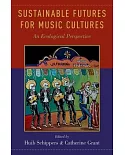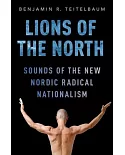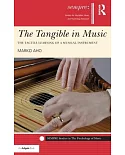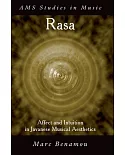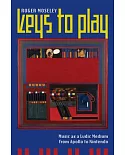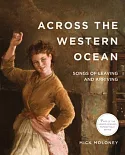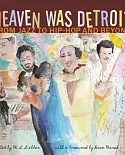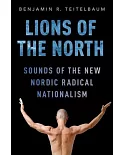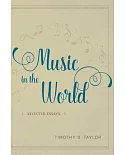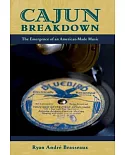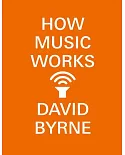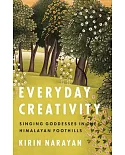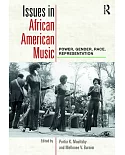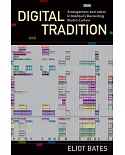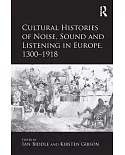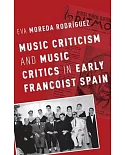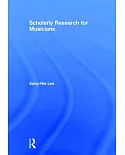Music and Revolution provides a dynamic introduction to the most prominent artists and musical styles that have emerged in Cuba since 1959 and to the policies that have shaped artistic
life. Robin D. Moore gives readers a chronological overview of the first decades after the Cuban Revolution, documenting the many ways performance has changed and emphasizing the close links
between political and cultural activity. Offering a wealth of fascinating details about music and the milieu that engendered it, the author traces the development of dance styles, nueva
trova, folkloric drumming, religious traditions, and other forms. He describes how the fall of the Soviet Union has affected Cuba in material, ideological, and musical terms and considers
the effect of tense international relations on culture. Most importantly, Music and Revolution chronicles how the arts have become a point of negotiation between individuals, with their
unique backgrounds and interests, and official organizations. It uses music to explore how Cubans have responded to the priorities of the revolution and have created spaces for their individual
concerns.
Copub: Center for Black Music ResearchMusic and Revolution provides a dynamic introduction to the most prominent artists and musical styles that have emerged in Cuba since 1959
and to the policies that have shaped artistic life. Robin D. Moore gives readers a chronological overview of the first decades after the Cuban Revolution, documenting the many ways performance
has changed and emphasizing the close links between political and cultural activity. Offering a wealth of fascinating details about music and the milieu that engendered it, the author traces
the development of dance styles, nueva trova, folkloric drumming, religious traditions, and other forms. He describes how the fall of the Soviet Union has affected Cuba in material,
ideological, and musical terms and considers the effect of tense international relations on culture. Most importantly, Music and Revolution chronicles how the arts have become a point of
negotiation between individuals, with their unique backgrounds and interests, and official organizations. It uses music to explore how Cubans have responded to the priorities of the revolution
and have created spaces for their individual concerns.
Copub: Center for Black Music Research


